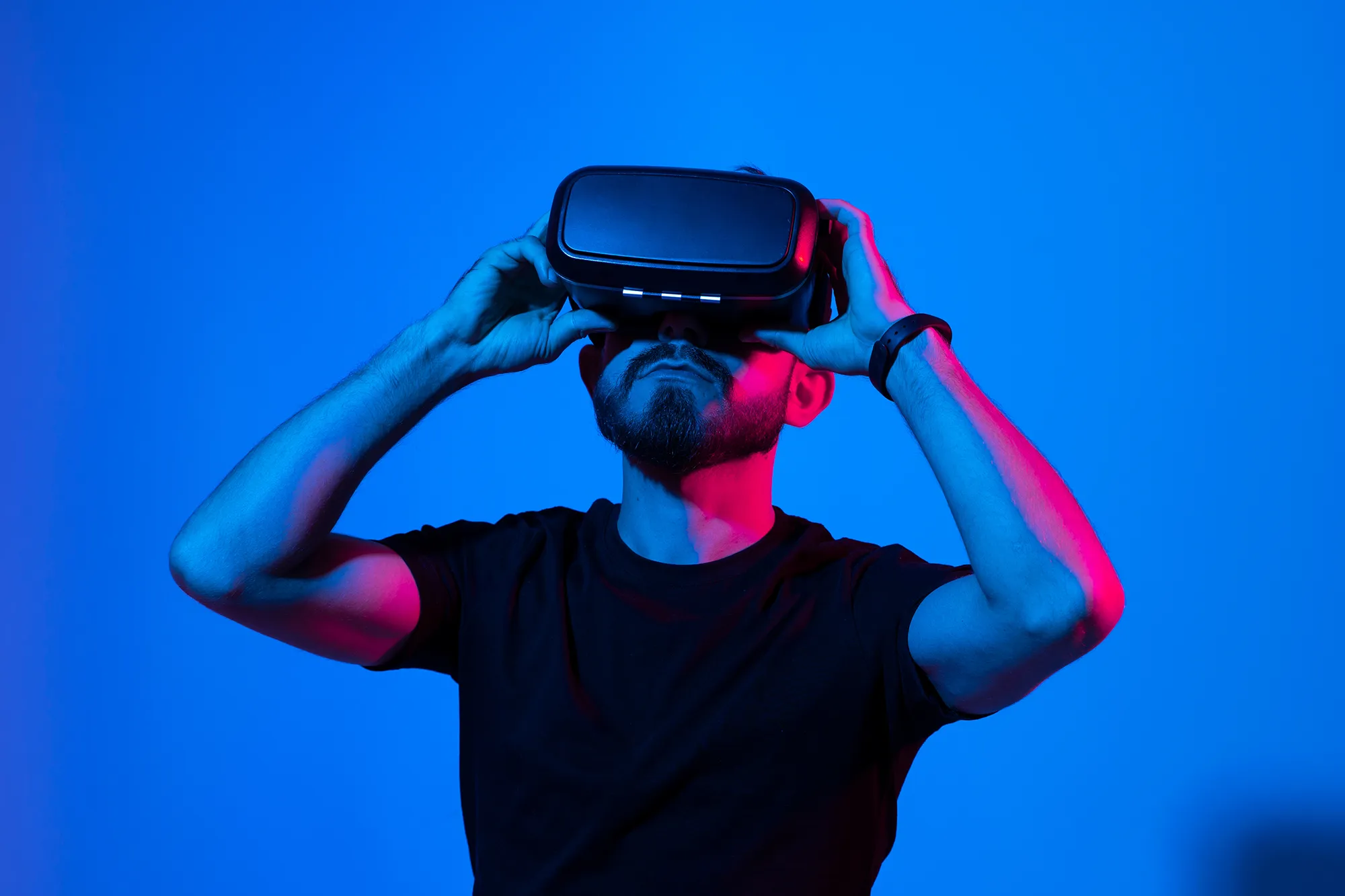In 2020, online services have gained popularity. Psychologists, who now help patients thousands of kilometers away, are no exception. In 2022, psychologists and psychotherapists can dive even deeper into virtual reality. Their professions have already been given names: metapsychologist and VR psychotherapist.
Right now, psychotherapists are already using VR technologies in conventional therapy concepts. Most often, with the help of virtual reality, the psychotherapist immerses himself with the patient to modulate traumatic stories and various phobias. More than 40 foreign startups create content for such sessions. There are already platforms for phobias, various psychoses, and even for people who have experienced domestic violence.
An obstacle to such sessions is similar effects. The most important of them is the motion sickness of the patient. Questions about the effectiveness and ethics of some procedures still remain open. But such questions appear in all medical and near-medical fields when new technologies and methods are introduced to treat patients.
What skills would be helpful
So far, a psychologist or psychotherapist can only expand their contact base through online meetings. The introduction into the metaverse will allow the specialist to attract more attention to himself and offer his services to more people. To do this, a psychotherapist or psychologist will need the following skills and knowledge:
- confident use of VR technologies;
- immersion in the topic of the metaverse and NFT, in order to easily immerse the patient in this topic;
- knowledge of English or other languages, to work in the international market;
- the skill of using platforms for psychological sessions.
In addition, one should not forget that a psychologist and a psychotherapist are, first of all, professions that are taught in universities. To conduct any psychological sessions, you must have the appropriate competencies. It will not be superfluous for a specialist to also take advanced training courses and supervision.
Prospects
Already today, psychologists and psychotherapists are using VR technologies. For example, psychologist and media artist Natalya Rey, while in St. Petersburg, conducts art therapy sessions in virtual reality twice a week. Natalya is not going to stop there and plans to continue creating her VR projects, including in the virtual universe.
So far, many virtual sessions look too artificial, but the popularization of virtual spaces and platforms will give additional impetus to the development of psychological content and the implementation of standard methods for solving psychological problems in the metaverse.
This does not mean that sessions with a VR psychotherapist can completely replace face-to-face meetings. Especially if the patient needs to prescribe medication. Standard sessions will definitely remain in demand and can only occasionally be supplemented with virtual modulations and solutions to psychological problems. But many psychologists can completely refuse such meetings and realize themselves in metaspace.




